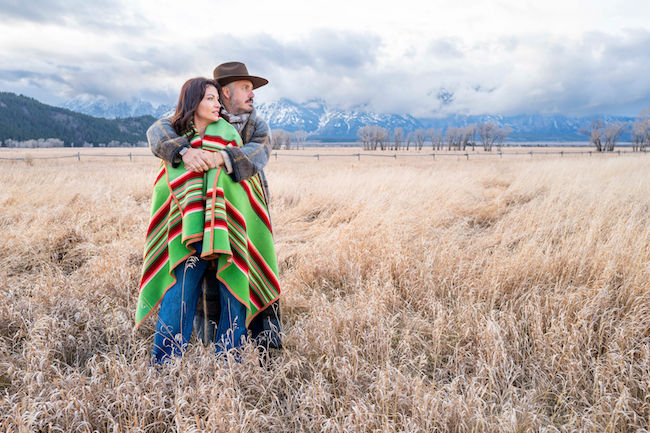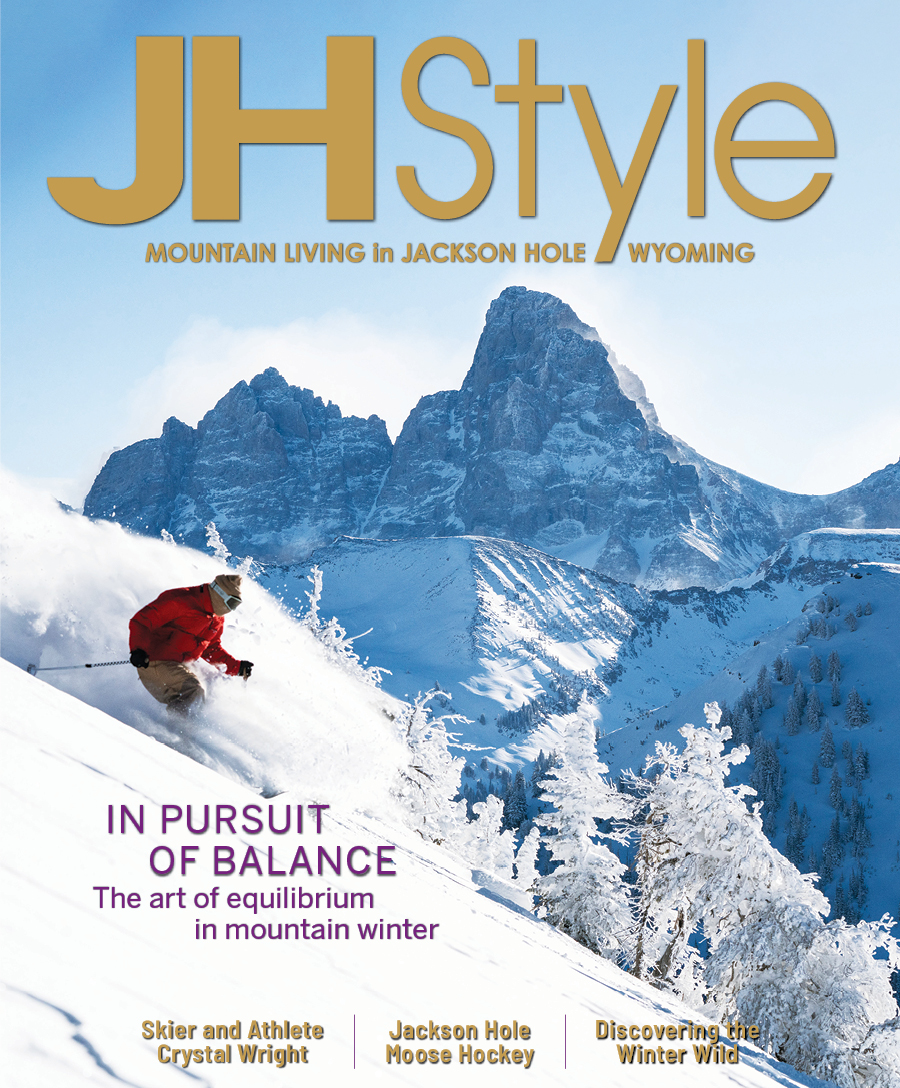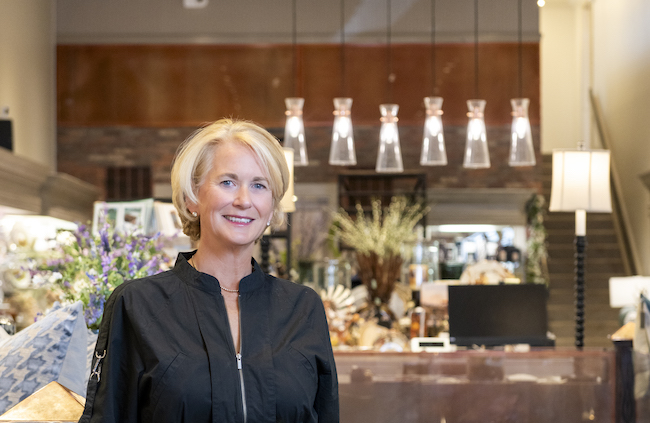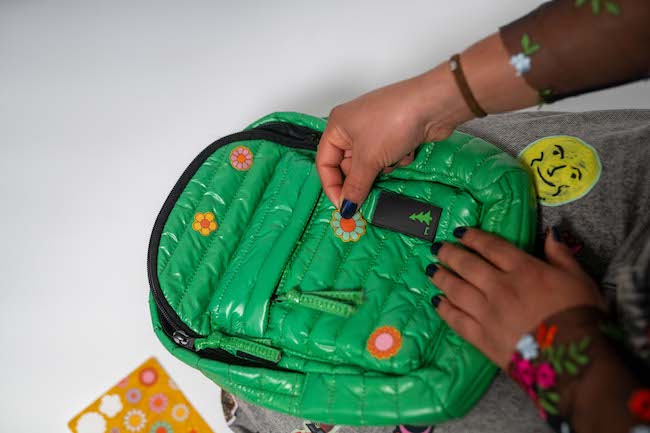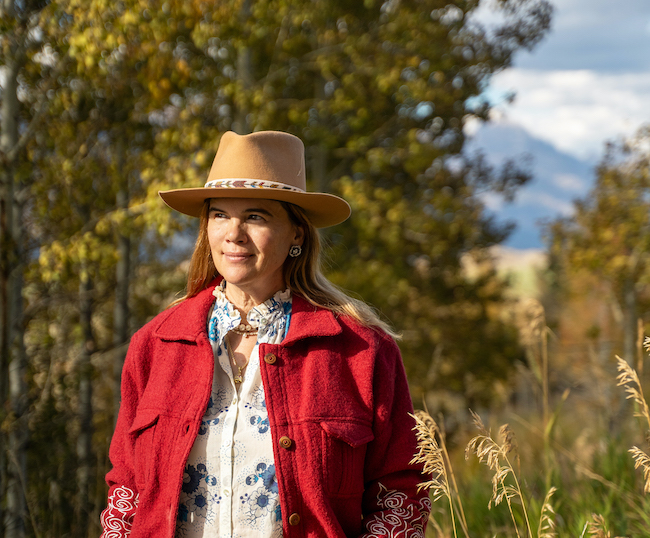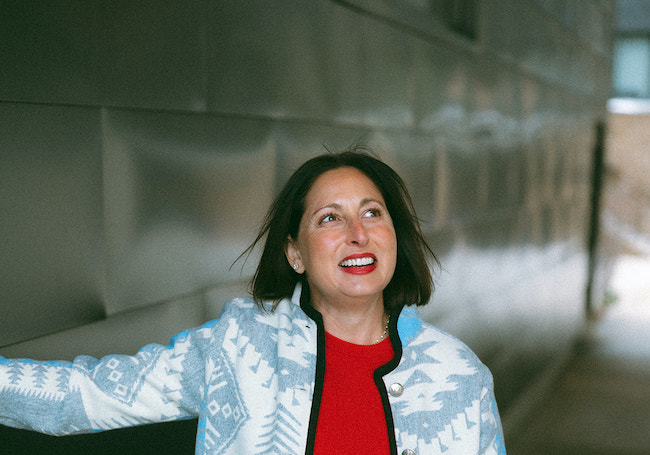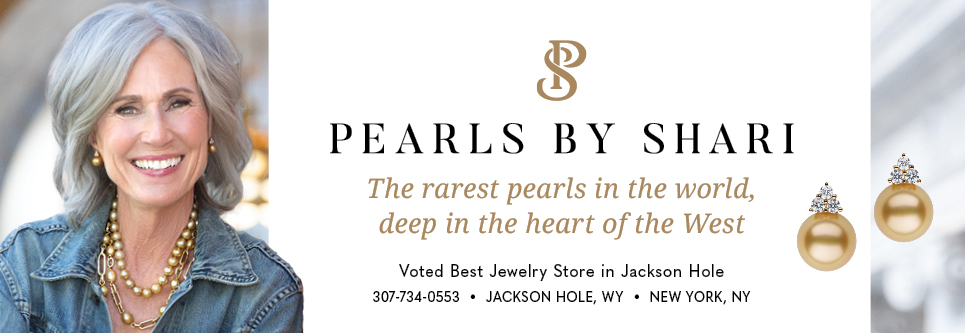Where Body Meets Soul
25 Nov 2024
Jackson Hole's Dr. David Shlim advocates for the confluence of medicine and compassion
Winter/Spring 2025
Written By: Melissa Thomasma | Images: Dr. David Shlim
Ask anyone who spends time recreating in the mountains: mental strength and resilience is equally as critical as physical. True wellness is a holistic concept, and when our bodies suffer — from illness or injury — our emotional equilibrium can falter. Dr. David Shlim, a Jackson-based doctor with decades of experience in the realm of travel medicine, has discovered the unique ways in which Tibetan Buddhism can dovetail with Western medicine.
Braiding core tenets of the faith into how we approach healing ourselves and how we care for others, David’s perspective offers insights for patients, doctors and lay-caregivers alike.
Through his books and hosting retreats around the world, he helps people cultivate tools of peace and compassion to navigate the uncertainty of ailments and healing. “When we think of ‘wellness’ we are mainly thinking of ways to avoid physical suffering, such as aging and death,” David says. “However, our physical health can be quite changeable. Everything is impermanent. When our physical health changes, we often feel unhappy or depressed, or just suffer with the pain.”
David chronicled his own journey of learning from respected faith leaders in the Himalayas in his award-winning memoir, “A Gentle Rain of Compassion.” He discovered that tenets of the ancient belief system were deeply helpful in expanding his definition of wellness to include a concept of dignity and ability to accept physical impermanence — a message he now spreads through the Medicine and Compassion Project.
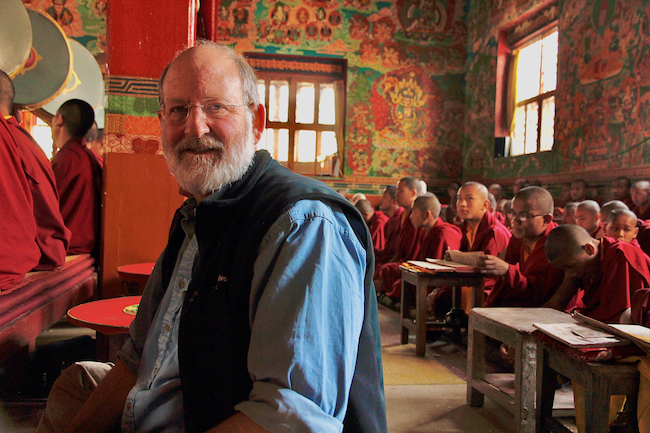
In essence, by exploring how we experience suffering, he says, we can help alleviate it.
“Of course we experience physical pain and disappointment in losing friends, family and lovers, but how much we suffer as a result of those events is something that is happening in our own mind,” he says. “If we can learn how to gently release unwanted thoughts and our habit of clinging to pain, our suffering will decrease.” Ultimately, David notes, Buddhism is about returning ourselves to our deepest inherent nature of compassion and wisdom.
“We are more in touch with those feelings when our mind is relaxed. A relaxed mind is naturally more compassionate. What does it mean to have a relaxed mind? It’s nothing more than being free from our own disturbing thoughts and emotions. All Buddhist training is aimed at teaching us how to do this one thing.”
David, along with co-author of “Medicine and Compassion” Chokyi Nyima Rinpoche, strives to impart this different way of thinking and being to medical providers and caregivers. “Caregivers are often overwhelmed by realizing that they can’t fix everything, and then they feel kind of helpless and sad. When they learn about impermanence, that everything changes all the time and that impermanence is an inevitable cause of suffering, they can change their perspective to trying to ease suffering as much as they can, but not feeling defeated when they can’t ultimately overcome impermanence. This is one of the most important things people can learn.”
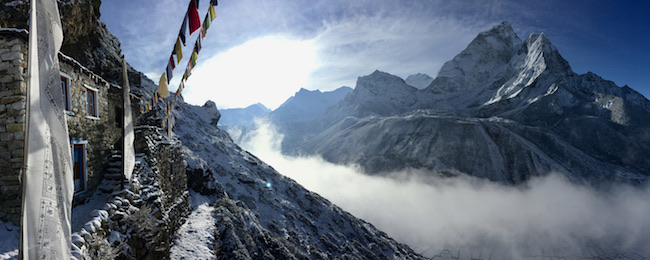
“Most compassionate people judge how compassionate they are by how much they cling to the suffering that they see in their patients. They carry these emotions home with them, and often lie in bed thinking about patients in tough situations. This clinging to the emotions of others is ultimately exhausting and doesn’t really offer any benefit,” he says. Instead, learning to release these painful emotions helps the caregivers feel less burdened and ultimately be better in their roles.
“I find that compassionate people need this kind of permission, and when they experience the benefit of it, it frees them up in their medical practice lives. Many people who came to the retreats cited this insight as the most important thing they learned.”

